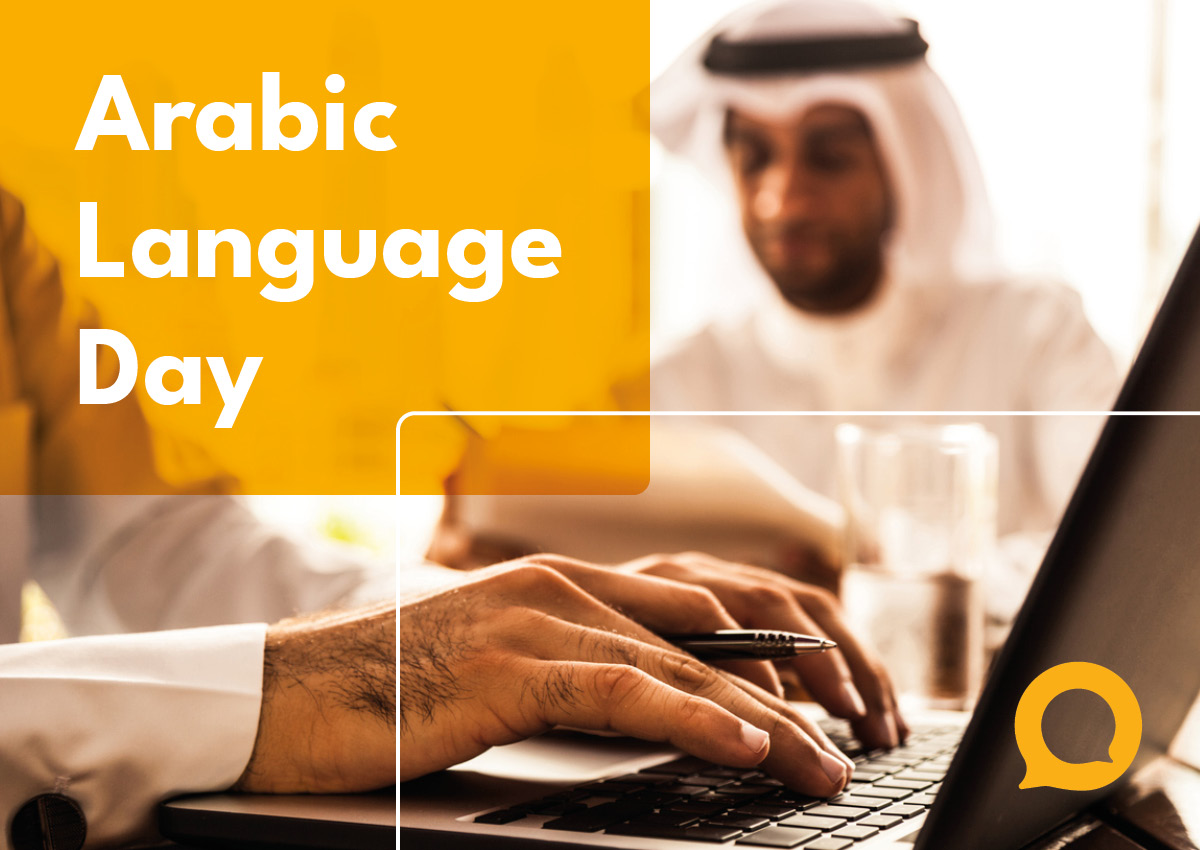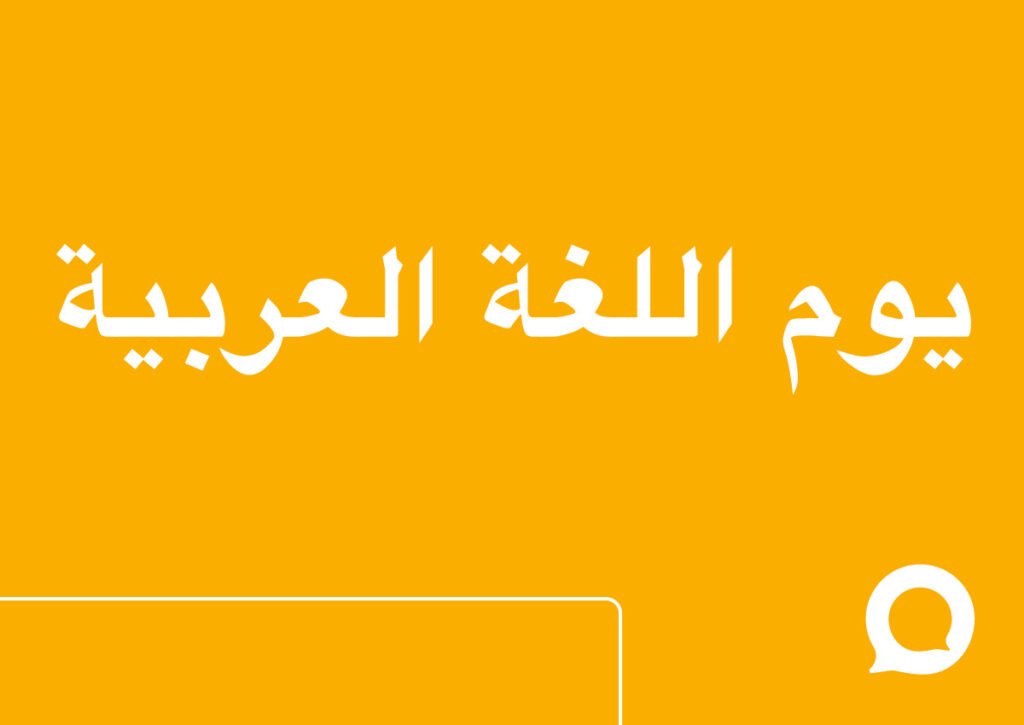Celebrating Arabic language day: Embracing the richness of Arabic translation

4 Dec 2024
On 18th December, we celebrate Arabic Language Day, a day dedicated to recognising the beauty and significance of the Arabic language.
2023’s theme was “Arabic – the language of Poetry and Arts”, celebrating the poetic elegance of the Arabic language and commemorating the 50th anniversary of Arabic becoming one of the UN’s official languages.
With over 420 million speakers worldwide, Arabic is one of the most widely spoken languages and holds official status in 26 countries. This vast speaker base means Arabic is an essential language for global businesses and international communications, making Arabic translation a vital service.
Arabic translators are able to express the subtleties of Arabic to meet business and legal requirements.
The nuances of Arabic translation
Arabic script is written from right to left, which can pose formatting challenges that skilled translators must manage.

Arabic is a rich and complex language with significant regional variations. The Modern Standard Arabic (MSA) used in formal settings differs from the various dialects spoken across the Arab world.
This complexity requires Arabic translators to have a deep understanding of both MSA and the local dialects to ensure accurate and culturally appropriate translations.

The Arab working week
The working week in Arab countries typically runs from Sunday to Thursday, with Friday being a holy day for Muslims. This differs from the Monday to Friday work week observed in many Western countries.
Understanding this schedule is crucial for businesses and organisations that collaborate with Arabic-speaking partners to ensure smooth communication and project management.
Cultural sensitivity
Arabic translation requires a high level of cultural sensitivity. Translators must consider cultural nuances and avoid content that could be misunderstood or deemed inappropriate.


Growing demand for Arabic translation
The need for Arabic translation services is growing as more businesses expand into the Middle East and North Africa (MENA). This expansion drives the demand for quality translations in various sectors, including healthcare, finance, and technology.
More about Arabic translation services
Legal and technical translations: The demand for legal and technical translations in Arabic is high. These fields require precise terminology and an in-depth understanding of the subject matter to ensure accuracy and compliance with local laws.
Check out our Arabic legal translation services here.
The importance of Arabic Language Day
Arabic Language Day is an opportunity to appreciate the richness of the Arabic language and the critical role of translation services in bridging cultural and linguistic gaps. By understanding the nuances and the unique aspects of working with Arabic-speaking partners, businesses can effectively reach and engage with a significant portion of the global population.
If your business needs expert Arabic translation services, get in touch with our team today to ensure your communications are accurate, culturally appropriate, and impactful. At Intonation, we use dedicated ‘mother-tongue’ translators to ensure our Arabic translations are as accurate as possible.
Our language experts provide the following services:
– Multimedia
– Proofreading
– Transcreation
– Multilingual SEO
Read more about our language services here.
Frequently Asked Questions (FAQ)
1. Where can I get a document translated from English to Arabic?
At Intonation we are happy to speak with you about your Arabic translation requirements. Our expert mother-tongue translators ensure accurate Arabic translations for documents, websites, and more.
2. How much does it cost to translate a document?
Get in touch with us at Intonation for a custom quote for your translation needs.
3. What challenges are associated with translating Arabic documents?
Translating Arabic involves understanding regional dialects, dealing with right-to-left script formatting, and ensuring accuracy in technical and legal terminology. These challenges require skilled translators with deep linguistic and cultural knowledge.
4. How can businesses benefit from Arabic translation services?
Arabic translation services enable businesses to effectively reach and engage with the Arabic-speaking market, ensure compliance with local regulations, and build trust with clients and partners in the Middle East and North Africa region.
5. Why is professional typesetting important for Arabic documents?
Professional typesetting is crucial for Arabic documents due to the right-to-left script and unique formatting requirements. Experienced typesetters familiar with Arabic ensure that the document layout is visually appealing and correctly formatted, preventing readability issues and maintaining the document’s integrity.